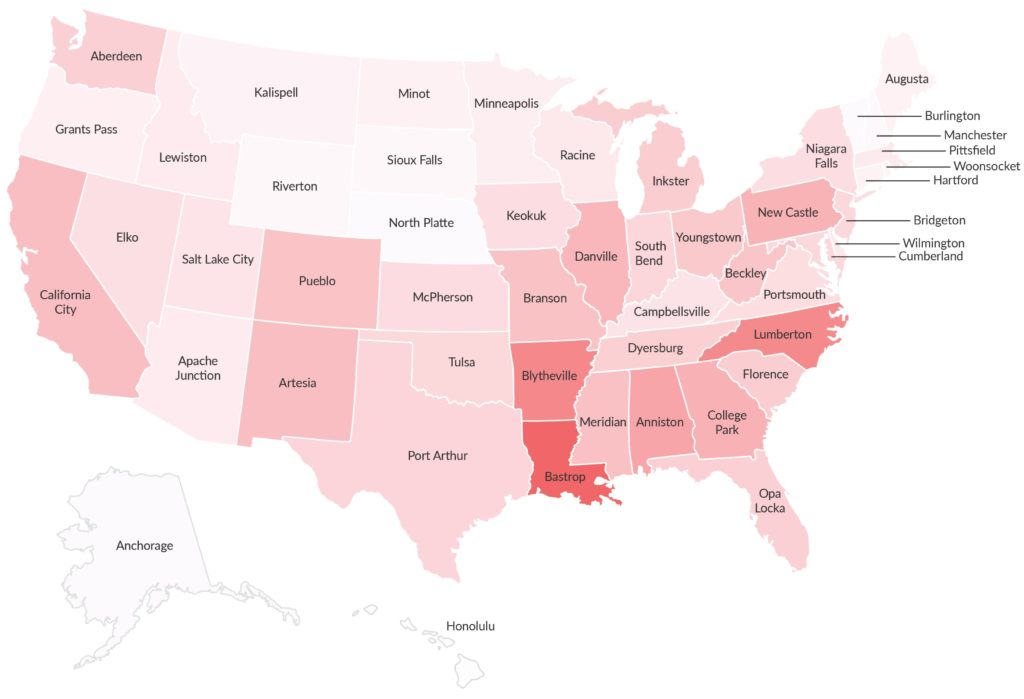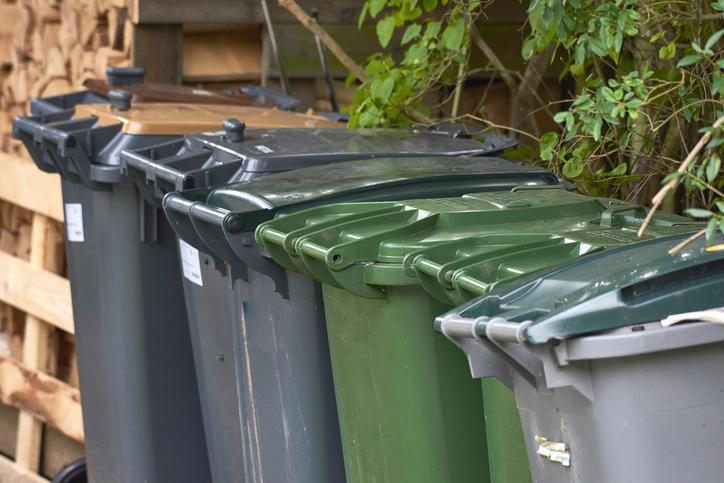Keeping your home safe is a year-long job. Not only is there the external threat of burglary, but there is also the internal threat of household substances that could make you and your family sick. Here are some ways you can make your home safe and secure both inside and out.
Examine Doors
When it comes to security, doors are some of the first things to check. According to HouseLogic, check the strike plates—the metal fittings that catch latches and bolts. Your fittings should be four-screw strike plates with three-inch screws that penetrate the door jamb and the wood of the stud behind the jamb. Exterior doors—including the garage door—should have deadbolts with at least a one-inch bolt.
Check Carbon Monoxide Detector
Carbon monoxide is a deadly gas, but detecting the gas can be difficult, since it’s odorless and colorless. If you own a carbon monoxide detector, make sure to test your detector’s batteries regularly. Also, State Farm states you should keep carbon monoxide detectors at least 20 feet from any fuel-burning appliances and at least ten feet from high humidity locations, such as the kitchen and bathrooms. The moisture from these areas can sometimes create erroneous readings.
Inspect for Mold
Mold can aggravate allergies, so in order to keep your family healthy, check your bathrooms, kitchens, and laundry rooms for stagnant water that can lead to mold. If you find mold, items that can’t be cleaned easily, such as leather, paper, wood and carpet, should also be taken outside. Use a bleach-and-water solution to clean mold from hard surfaces, like countertops, flatware, plates, tools, floors, sinks, stoves and certain toys. Because mold can fester in hidden places, if you smell mildew for an extended period of time after cleaning, have a professional inspect your home for mold.
Protect Windows
All windows are susceptible to burglars, but basement and ground-floor windows are much more likely to be accessed by burglars than second-floor windows, according to HouseLogic. To protect your windows, make sure all windows are locked to prevent burglaries, but also make sure they open and close easily. Windows could be a way to help you and your family escape from a fire or other type of threat, so it’s important to know your windows are working properly.
Clean and Test Alarm System
The simplest thing that could trip up your alarm system is dirt. Keep your system’s sensors clean by using a soft, dry cloth to brush away dust, dirt, fingerprints, and other debris that could harm your system. Do not clean your system with products like Swiffer—the static electricity these products use to pull dust away could trigger some of the more sensitive sensors. It’s best to clean and check your alarm system once a month. To schedule a monthly test, contact your monitoring company to do a yearly checkup on your system to make sure everything is in working order.
Test Smoke Detector
According to State Farm, smoke detectors need a lot of maintenance because they filter the air in your home all day, every day. Most detectors come with a shrill, chirping alert to let you know the battery is low, but it’s best to make a habit of changing the alarm’s batteries annually. It’s recommended to replace your detector after ten years.
If you have additional tips for home security housekeeping, please share in the comments!
Image courtesy of Cordey.


